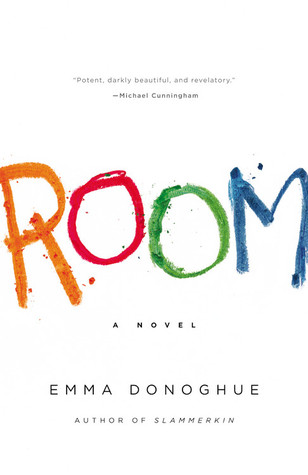Last week, I had the privilege of assisting two hosts of Pitch Madness with their slush reading. (If you're not familiar with Pitch Madness, it's a blog-hosted contest where writers compete to get requests from agents to read their material.
Find more information about this year's contest here.)
If you've been reading this blog for a while, you probably know I'm a big fan of online writing contests. In fact,
that's how I got my agent! I've entered quite a few of them over the past few years, but this was the first time I got to see the process from the other side.
Holy crap is it different.
First, let me say that the writers who run these writing contests are
saints. I had no idea how much time and energy went into making sure people followed the submission guidelines, following up on missing information, poring over agent wishlists, and reading hundreds of pitches. I was honestly shocked at how much work these hosts are doing, just out of the goodness of their hearts and desire to see other writers succeed.
Without further ado, here are the two main things I learned from reading through hundreds of entries.
1. Short pitches are really, really difficult.
The pitch required for this contest could only be 35 words, maximum. I saw so many entries that tried to cram too much information into this short format, only to end up with a confusing, convoluted pitch. There were more than a few entries that honestly made no sense at all.
Lesson to be learned here: if you're writing a short pitch, keep it as simple as possible. Don't try to mention subplots, minor characters, or overall themes. A tried-and-true approach is this general format:
When INCITING INCIDENT happens to MAIN CHARACTER, he/she must OVERCOME CONFLICT by COMPLETING QUEST. (Paraphrased from former literary agent Nathan Bransford--check out
his blog for tons of other great query/writing tips.)
2. The first line of your manuscript should be great. It should also set the tone for the rest of the book.
There were lots of pitches that sounded like one type of book (serious high fantasy, for example), but the first line would be something flippant that sounded like it belonged in a women's fiction book.
The first line of your manuscript should be worked over until it's perfect. I had heard that some agents quit reading if they didn't like the first sentence, and I found myself doing the same thing a few times. If that sentence has clunky writing, mechanics errors, or is confusing, you're running the risk that your reader will stop right there.
Conversely, there were some stellar first sentences that made me take a second look at entries where the pitch wasn't as good. My favorites were witty, or infused so much of the main character's voice into just one sentence that I was compelled to keep reading.
For a far more comprehensive wrap-up from another Pitch Madness slush reader, check out
LL McKinney's post on the Cue My Muse blog. She delves into the most common errors she saw in both the pitches and the first 250 words and includes some excellent tips.

.JPG)












